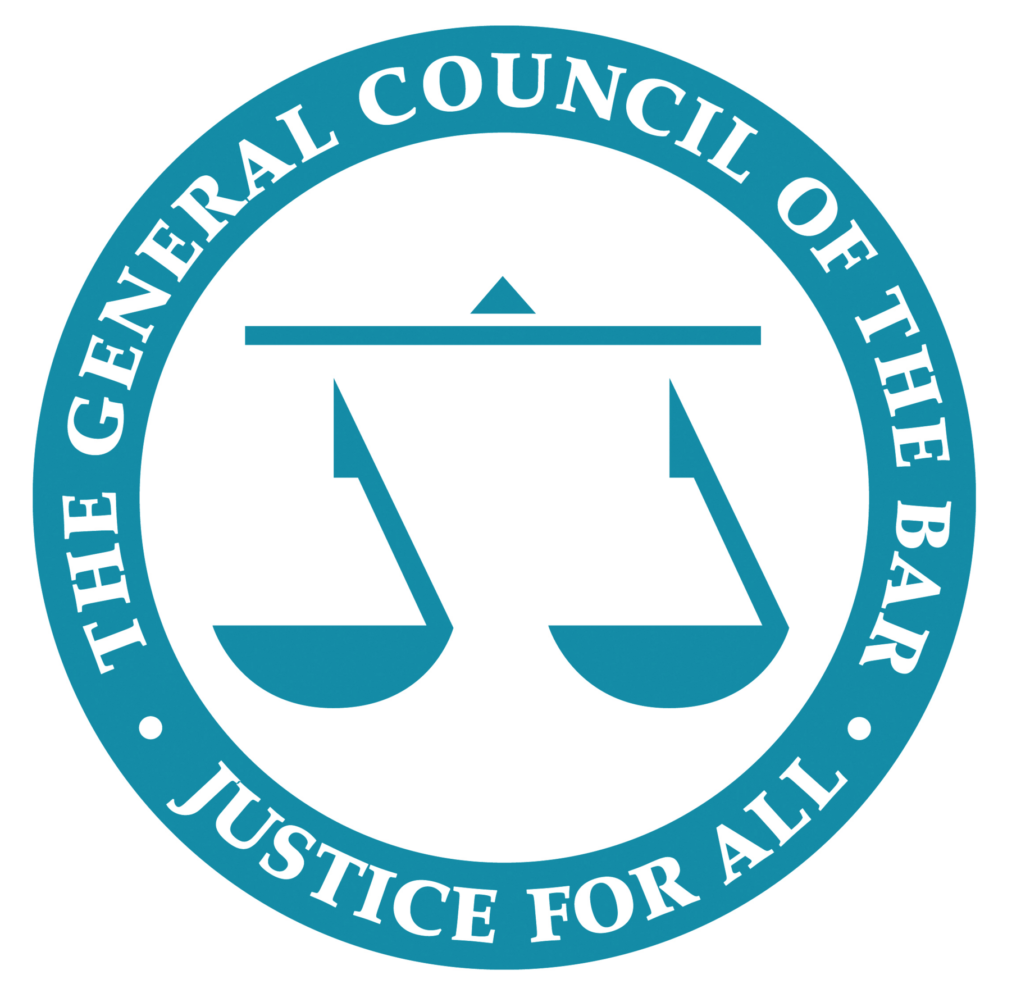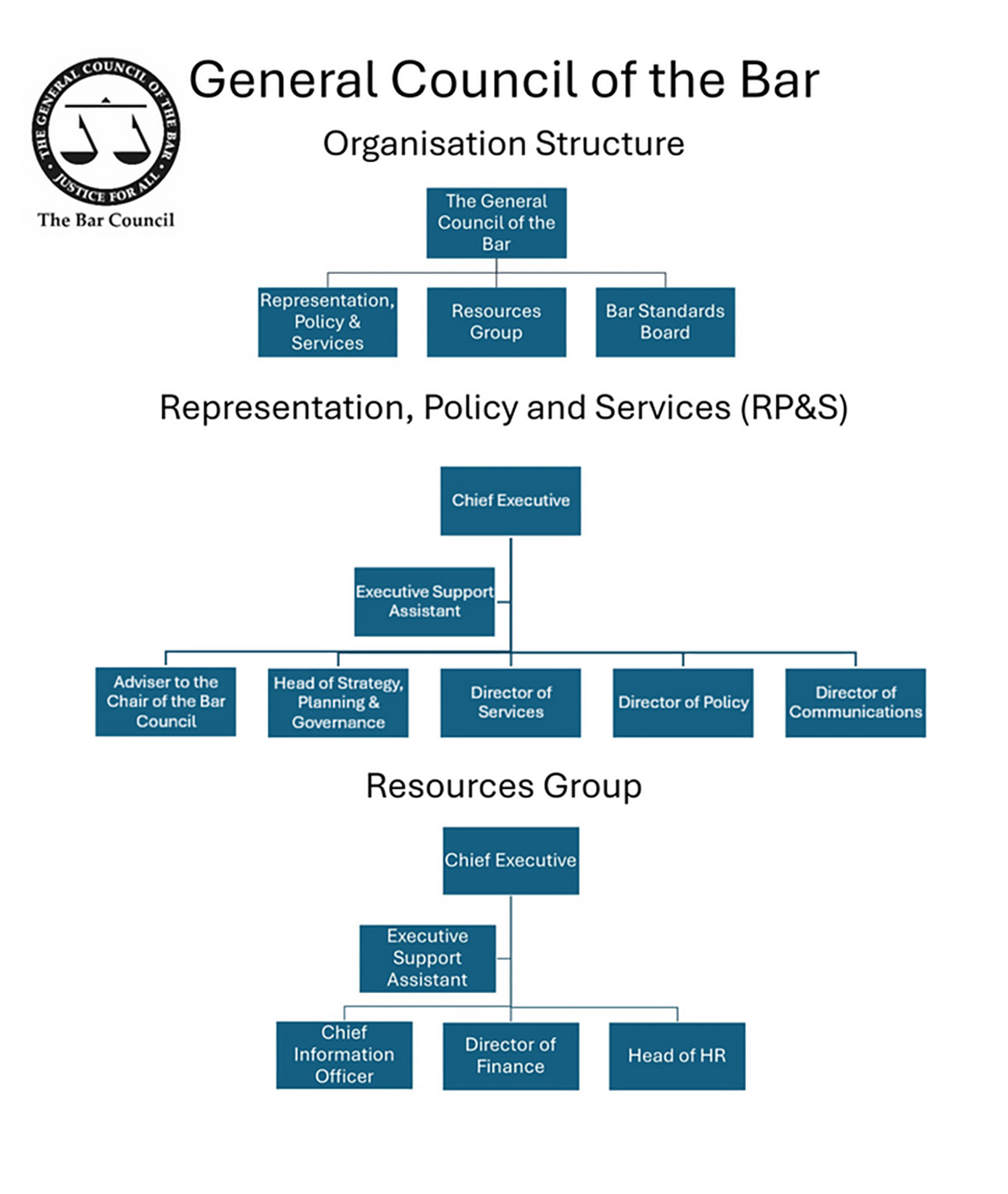The Bar Council

The General Council of the Bar (GCB) was formed in 1894 to deal with matters of professional etiquette. In 1974, the Bar Council and the governing body of the Inns, the Senate, combined to form the Senate of the Inns of Court and the Bar. However, on 1st January 1987, in line with the recommendations of a report on the Constitution of the Senate by Lord Rawlinson PC QC, a Council of the Inns of Court was re-established separately, and the Courts and Legal Services Act 1990 designated the Bar Council as the authorised body for the profession.
The Courts and Legal Services Act 1990 provides that individuals can appear in court if they are members of a professional body which has rules governing the conduct of its members, has an effective mechanism for enforcing those rules and is likely to enforce them. The Access to Justice Act 1999 and, more significantly the Legal Services Act 2007 (LSA 07), contain further provisions regarding services provided by the legal profession.
In 2006, following the recommendations of Sir David Clementi’s review of legal services, the Bar Standards Board (BSB) was established by the GCB as an independent, ring-fenced regulator. Accordingly, the Bar Council, through the BSB, provides a regulatory framework, dealing with complaints and discipline, ethics and standards, education and training, equal opportunities and pupillage.
The Organisation
The Bar Council is the voice of the barrister profession in England and Wales. Our nearly 18,000 members – self-employed and employed barristers – make up a united Bar that is strong, inclusive, independent and influential.
We lead, represent and support the Bar in the public interest, championing the rule of law and access to justice by:
- Providing advice, guidance, services, training and events for our members
- Inspiring and supporting the next generation of barristers
- Drawing on our members’ expertise to influence policy and legislation that relates to the justice system and the rule of law
- Promoting the Bar of England and Wales to develop career and business opportunities for barristers at home and abroad
The General Council of the Bar (GCB) comprises two distinct entities: the Bar Council, which is the representative body, and the Bar Standards Board (BSB), which is the regulatory body; both are supported by a shared services group, called the Resources Group. The GCB is an unincorporated association. As required by the LSA 07 and statutory rules made by the Legal Services Board (LSB – the oversight regulator for all approved regulators), the regulatory functions are delegated from the GCB to the operationally independent BSB. The GCB employs some 230 staff.
The Bar Council
The Chief Executive provides leadership and line management to the Representation, Policy and Services teams (~40 staff) and Resources Group (~50 staff).
Representation, Policy and Services (RPS) teams are: Policy, Services, Training and Events, Communications, Executive Office, Strategy Planning and Governance, and the Brussels Office. They work collaboratively to deliver the Bar Council’s aims under the strategic plan.
Resources Group (RG) teams are: HR, Information Services and Project Management Office, Facilities and Finance. They deliver shared services across the GCB, to both the representative and regulatory parts of the organisation (RPS and the BSB).
The Bar Standards Board (BSB) (~140 staff) regulates barristers in England and Wales, under a delegation from the GCB. It is responsible for setting education and training requirements for becoming a barrister; professional development requirements for barristers; authorising organisations focusing on advocacy, litigation and specialist legal advice; monitoring services provided by barristers and the organisations it authorises; investigating reports and complaints about barristers/authorised organisations; and taking enforcement or other action where appropriate. The CEO has no line management responsibility for the BSB, which is led by a separate senior leadership team under the direction of the Director General of the BSB.
Further information on the Bar Council and the current strategic plan can be found in the link https://www.barcouncil.org.uk/about/bar-council-governance/strategic-plan.html
Bar Council Governance
The Bar Council’s representative work is largely undertaken by committees comprising barristers and chambers professionals, who work in conjunction with the organisation’s dedicated staff team. Their work is overseen by the General Management Committee (GMC) and the Bar Council. The Bar Council and GMC are chaired by the Chair of the Bar and include elected members and those representing Inns, circuits and specialist Bar associations.
The Bar Council officers (Chair, Vice Chair, and Treasurer) are elected by Bar Council members in May and serve for one calendar year (January to December). The Treasurer may be re-elected for up to four years. Find out more about the different parts of our organisation and governance on the link https://www.barcouncil.org.uk/about/bar-councilgovernance.html

Bar Council Finances
Barristers complete the annual authorisation to practise (AtP) process and pay practising fees based on their declared earnings/income. 73% of the practising certificate fees goes to the BSB, LSB and Legal Ombudsman. The remainder goes to the Bar Council, and that covers only 70% of the income we need to effectively support the Bar. The remaining funds are generated by our services, training and events portfolios, generous contributions from the Inns of Court and, importantly, the voluntary Bar Representation Fee (BRF). All of the income to the Bar Council is invested in services and support for barristers.
The latest set of published accounts can be found in the link https://www.barcouncil.org.uk/about/bar-council-governance/annual-reports-and-financialstatements.html

